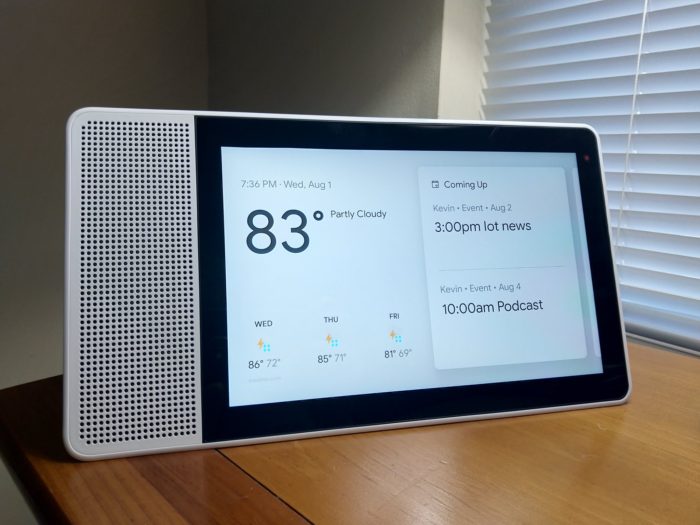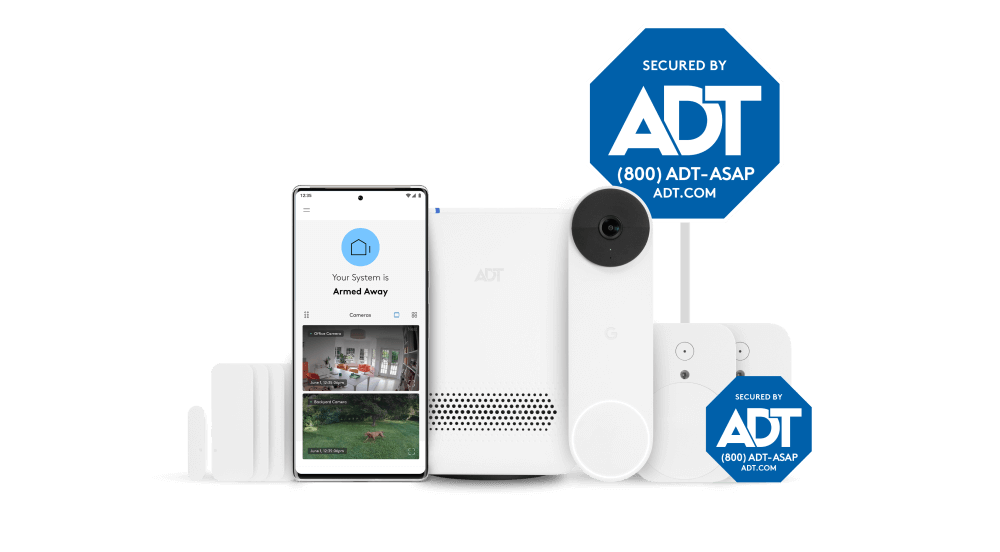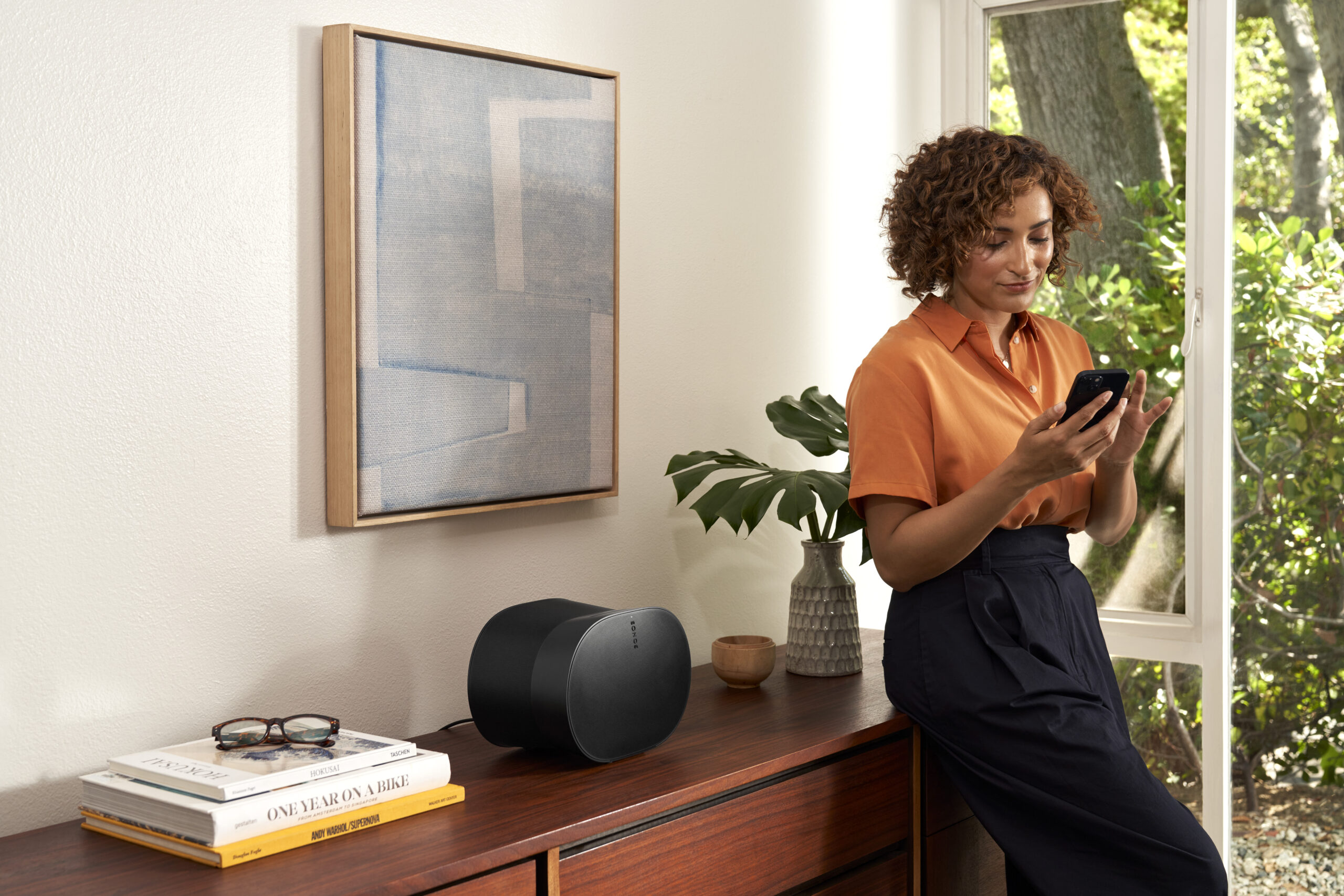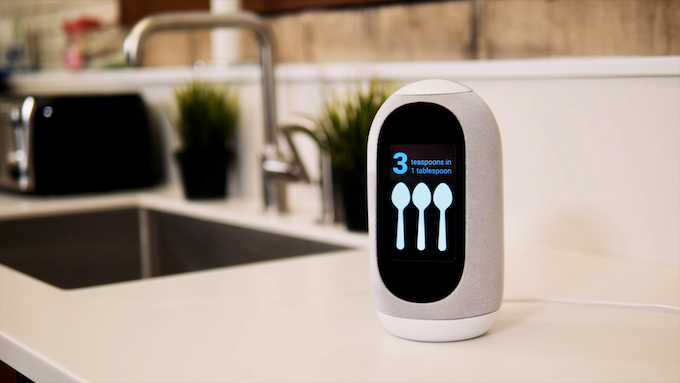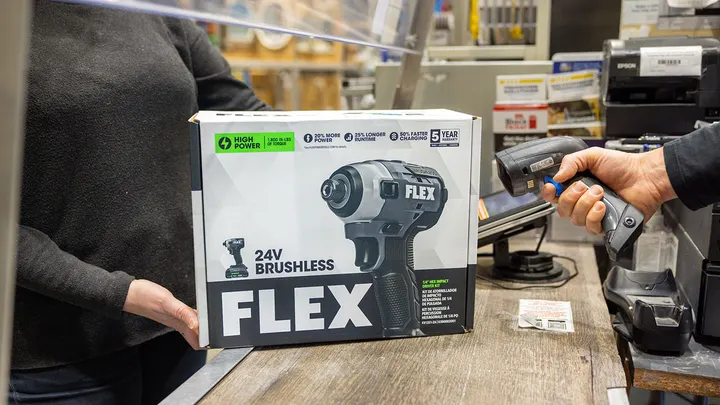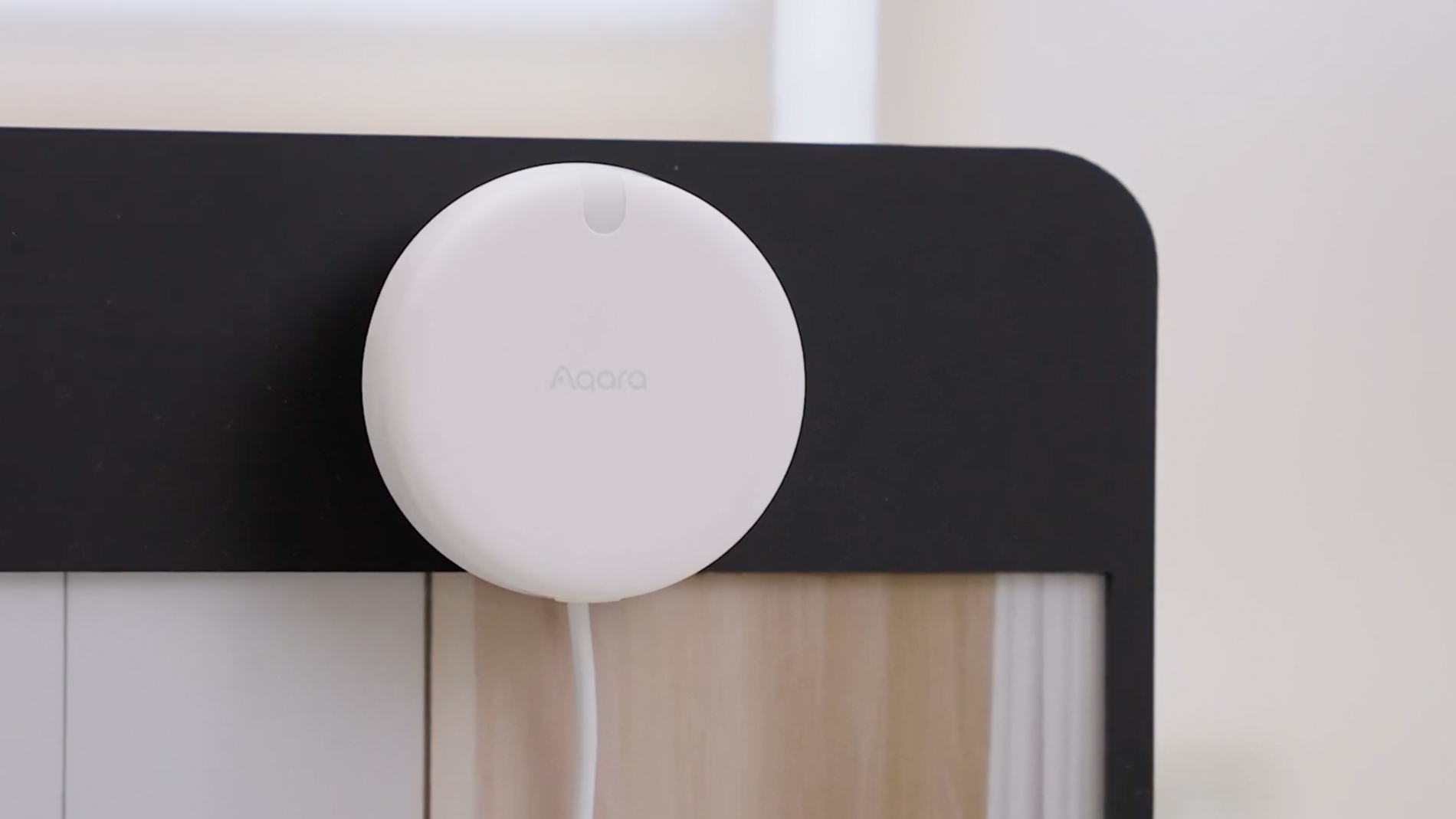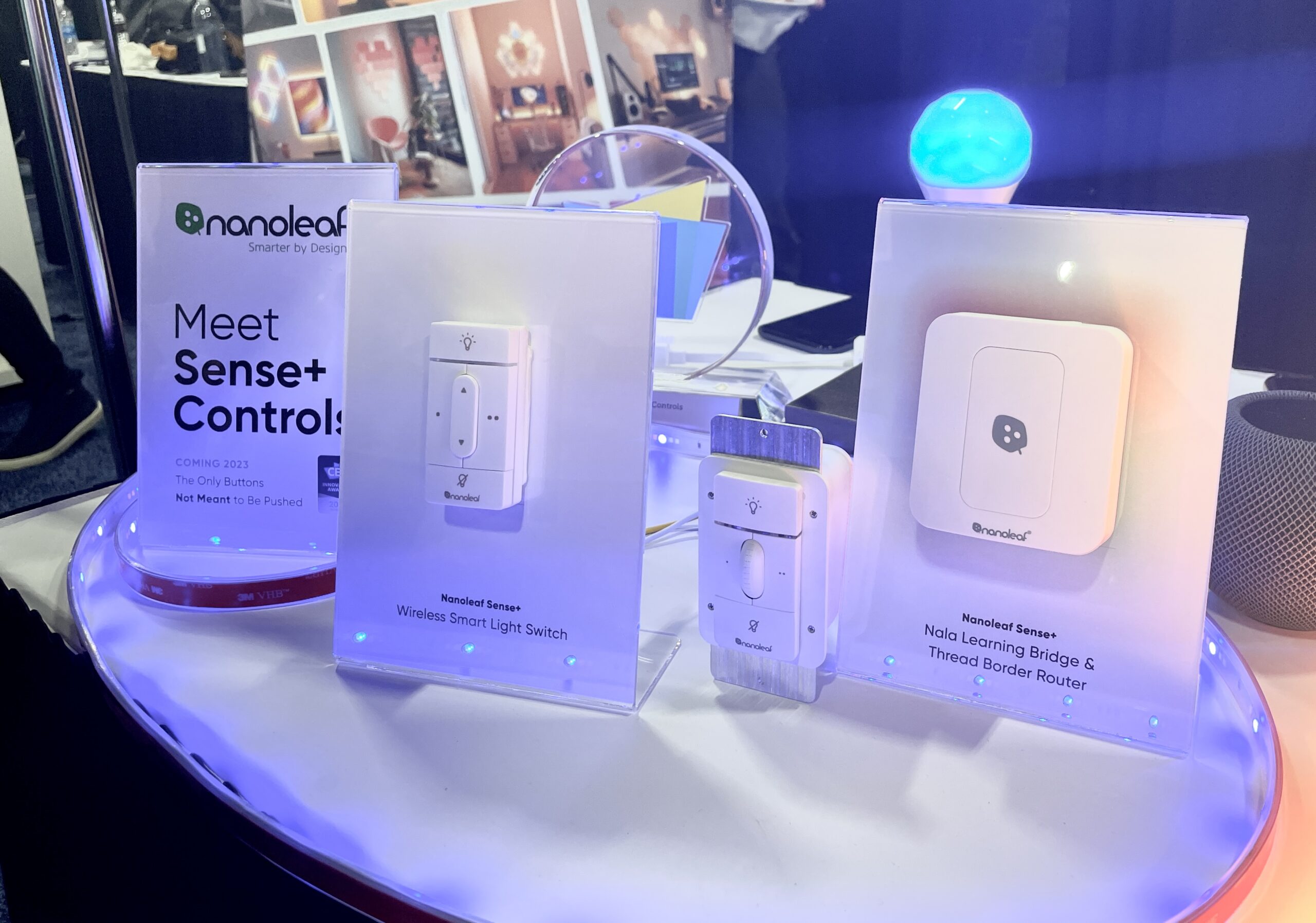This week’s show has lots of updates and small updates. We start off with a story about a golf course near San Diego that has saved millions of gallons of water using connected soil sensors. And then we review what changed with Zigbee PRO 2023 and cover the NIST efforts to create practical framework for protecting medical device privacy and security. In other medical news we talk about a new device from Cherish Health, which will use millimeter wave sensing to track falls and movement in a home, and the rise of ambient sensing as well as the launch of a new smart scale from Withings, which lets you track your weight without ever having to confront the numbers on the scale. Then we discuss the UK’s competition regulator opening up an investigation of Amazon’s deal to buy Roomba maker iRobot, before also talking about a new feature on certain Roomba vacuums. In small news HomePods can now listen for smoke alarms going off and Google is adding Matter to its most recent Nest thermostat — and only that thermostat. And speaking of Matter, Kevin tested out the beta version of Matter support on Home Assistant, and was impressed. Finally, we answer a listener question about smart breaker panels and GFCI outlets.
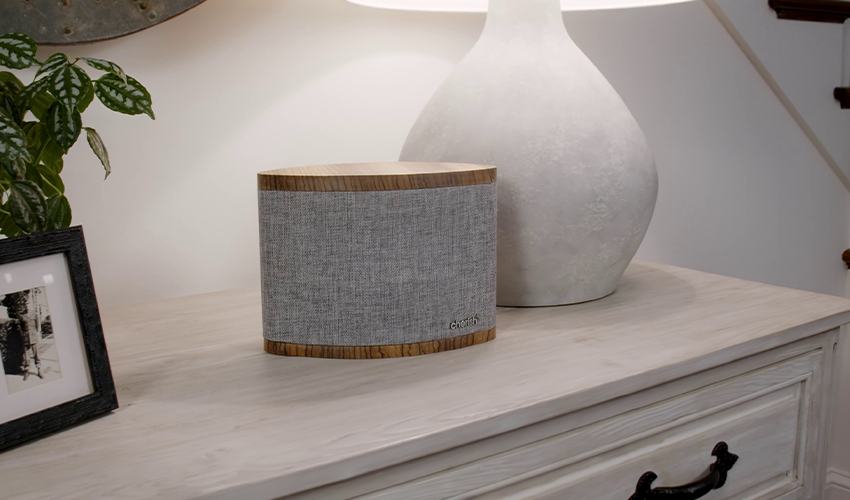
Our guest this week is Robert Pile, the head of real estate strategy at Homma, a company that is building smart homes. The company started out building smart homes but has since switched to building townhomes and multifamily units for rentals thanks to the changing real estate market. Pile talks about the technical challenges of building the infrastructure for smart homes and what types of buyers are choosing their properties. He also discusses the price premium that people are paying to buy or rent a smart home that’s built smart from the first foundation pour. I’m not sure if I’m done with my DIY efforts, but it does sound nice to have everything already smart when you move in. Enjoy the show.
Hosts: Stacey Higginbotham and Kevin Tofel
Guest: Robert Pile, head of real estate strategy at Homma
Sponsors: OnLogic and Silicon Labs
- GroundWorx sensors makes water use visible, and reduces it
- Could ambient sensing be the key for aging in place?
- Home Assistant has a really nice Matter implementation
- How much will people pay for a smart home or apartment?
- What does the “plumbing” for a smart home look like?
Podcast: Play in new window | Download | Embed
Subscribe: RSS

